If you look at the fine print, last month’s landmark Supreme Court ruling legalizing same-sex marriage doesn’t change much in practical terms. Domestic partnership, available to Californians since 2005, gave couples nearly all the same legal rights and responsibilities as marriage, outside of a few arcane legal details. And calling it marriage in California still does not trump the Federal Defense of Marriage Act, which since 1996 has defined marriage as between a man and woman.
At the same time, no one denies that the ruling changes everything.
For some, it is a spiritual moment of human dignity finally resting upon everyone. For others, it is a sign that society is being sucked into an eddy of moral dissolution.
Many who are not directly affected are still processing and digesting the new reality, with the long-term implications up for grabs. As people begin to take the word “marriage” out of quotes when referring to same-gender couples, many questions come up. What do the ceremonies look like? What about divorce? Intermarriage? How will this affect the November ballot initiative to amend the constitution to ban gay marriage? And there are the larger philosophical questions of what marriage means and who makes the rules for a whole society.
What’s the Difference?
Although the actual legal differences are scant, attorney Jenny Pizer says the implications are more than symbolic.
“In practical terms, domestic partnership has resulted in confusion, and the status has not been respected the way it was intended,” said Pizer, senior counsel at Lambda Legal and one of the members of a team representing couples in the Supreme Court case. “People are familiar with marriage, and having same-sex couples be in a different system has often caused people to err on the side of not respecting rights, which is not what we had hoped would happen.”
Using the same nomenclature can help others understand that gay and lesbian couples want the same thing as straight couples — the ability to express their love in a way society understands, under the protection of the law, providing a strong family structure.
The May 16 Supreme Court decision was sweeping in its language, saying that like all other rights, marriage couldn’t be limited to only a portion of the population. The broad decision put discrimination against gays and lesbians into the same legal category as race or gender discrimination.
That inclusiveness also made many gays and lesbians see this as a spiritual moment, whether or not they plan to marry.
“It been such a fight for civil rights over such a long period of time, that this is an affirmation of our humanity and our dignity,” said Rabbi Denise Eger, rabbi of Kol Ami Synagogue in West Hollywood, a Reform congregation with a large gay and lesbian population. “Something that we have always talked about is the notion of b’tzelem Elohim, being created in the image of the Divine, and for the same notion to be echoed in a secular court, I think for many people has been uplifting and has been affirming of their humanity.”







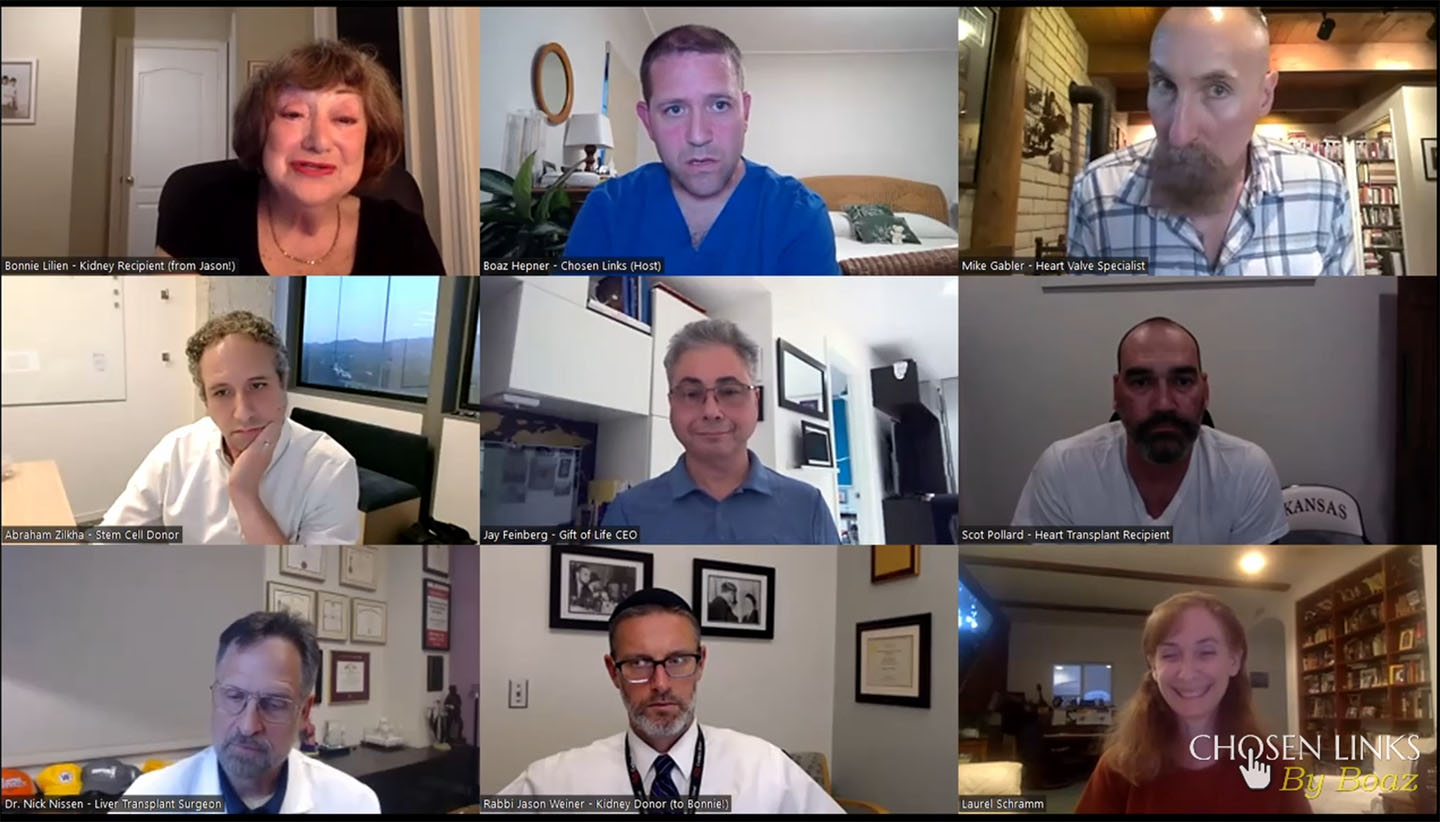
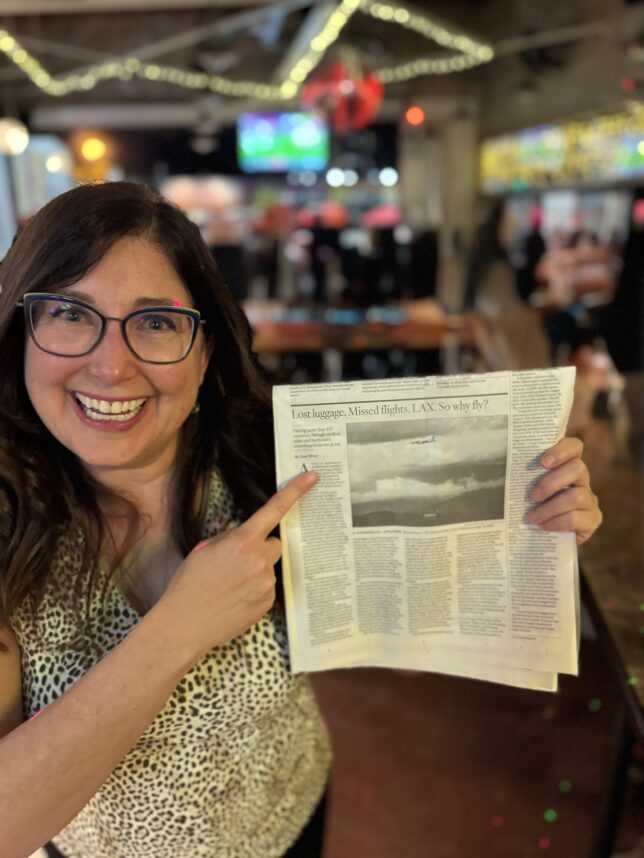
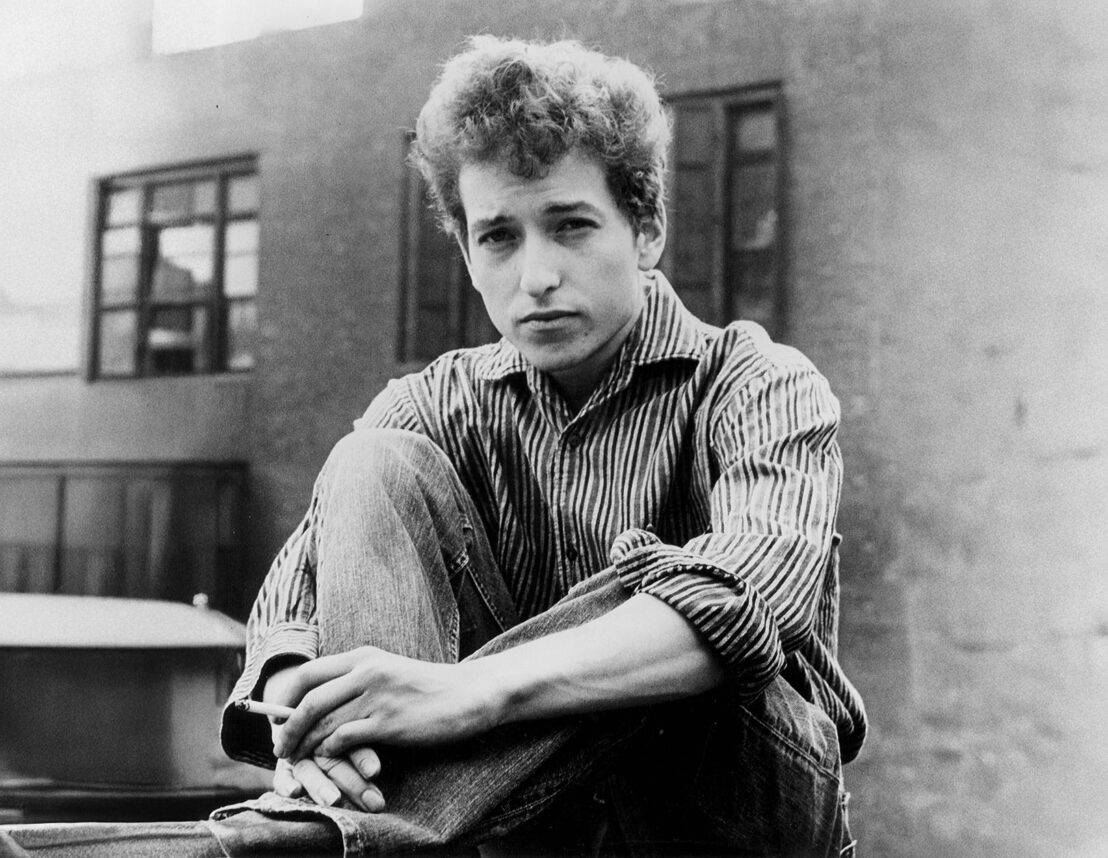

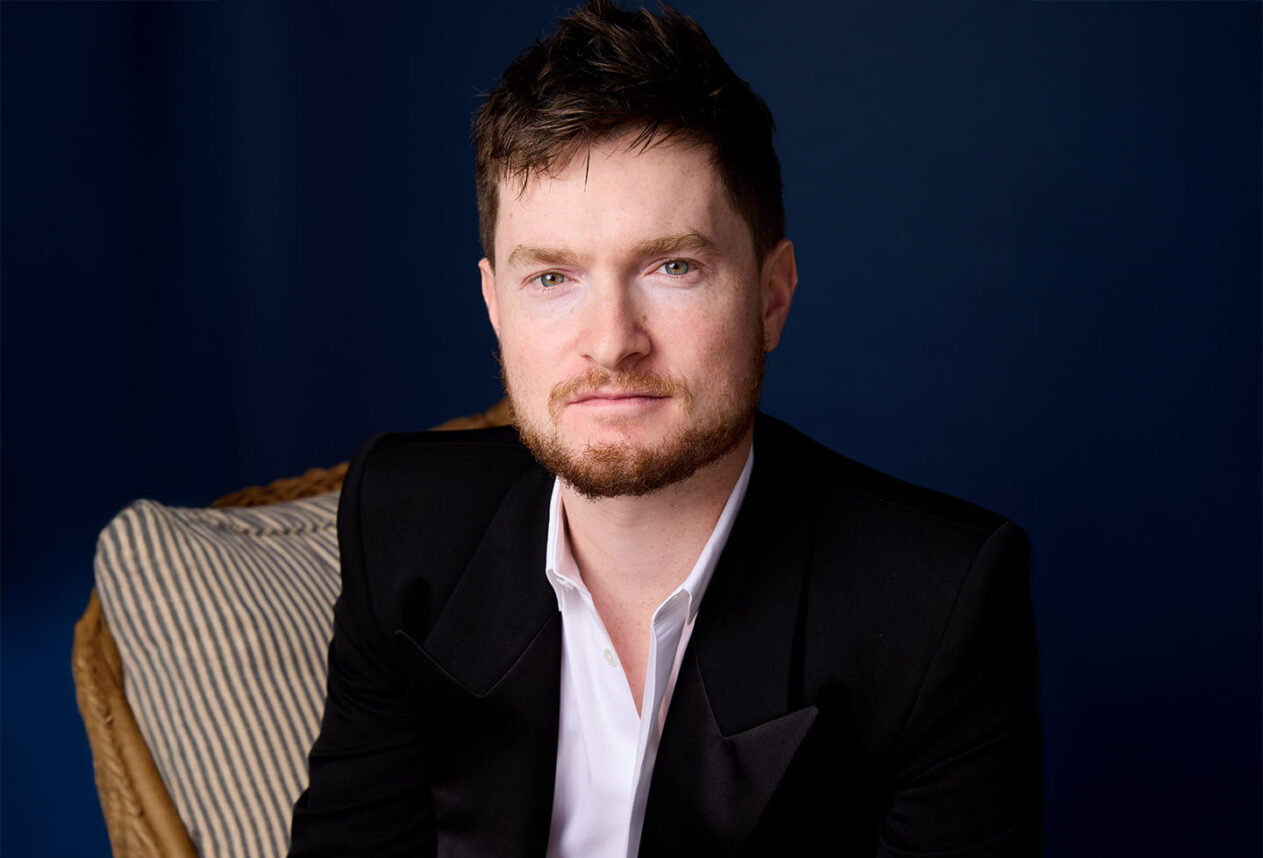

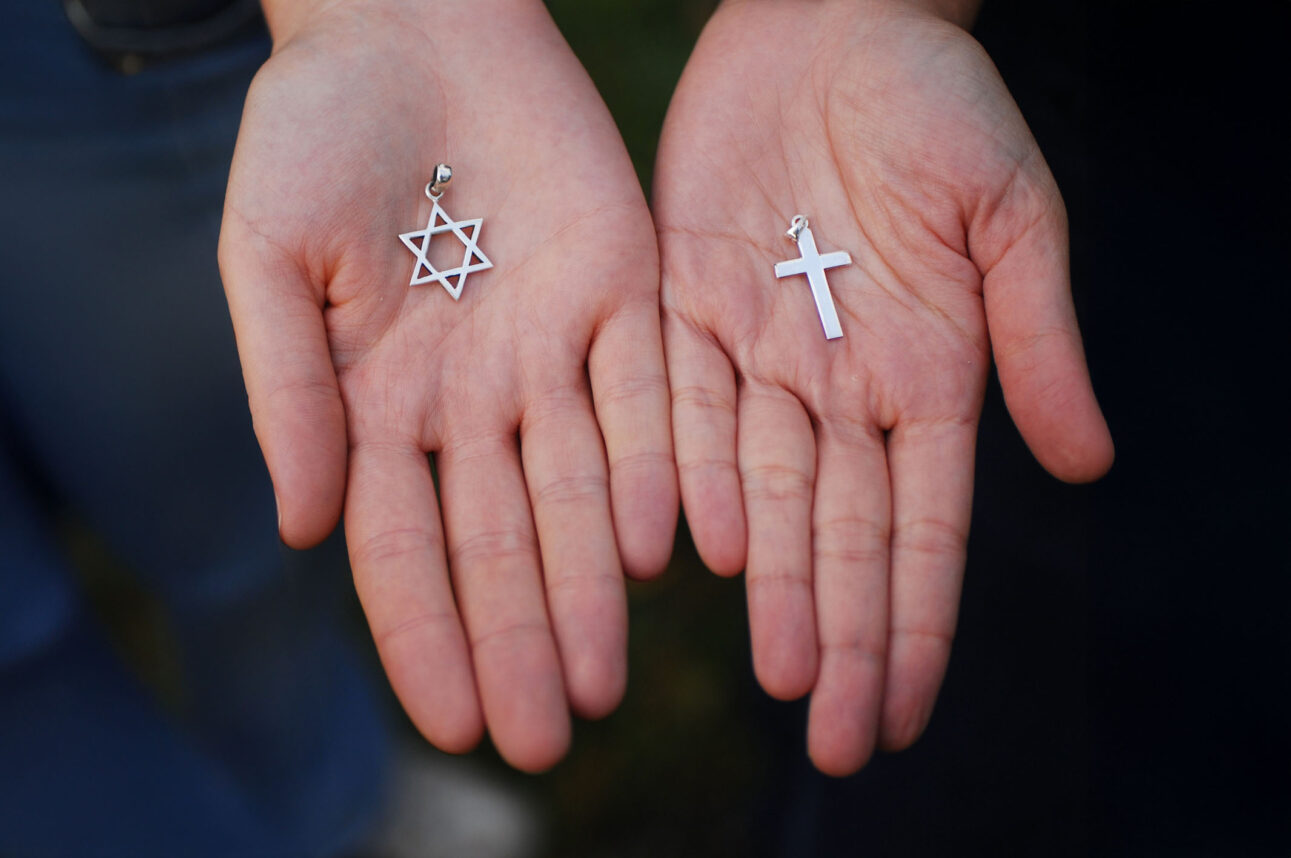
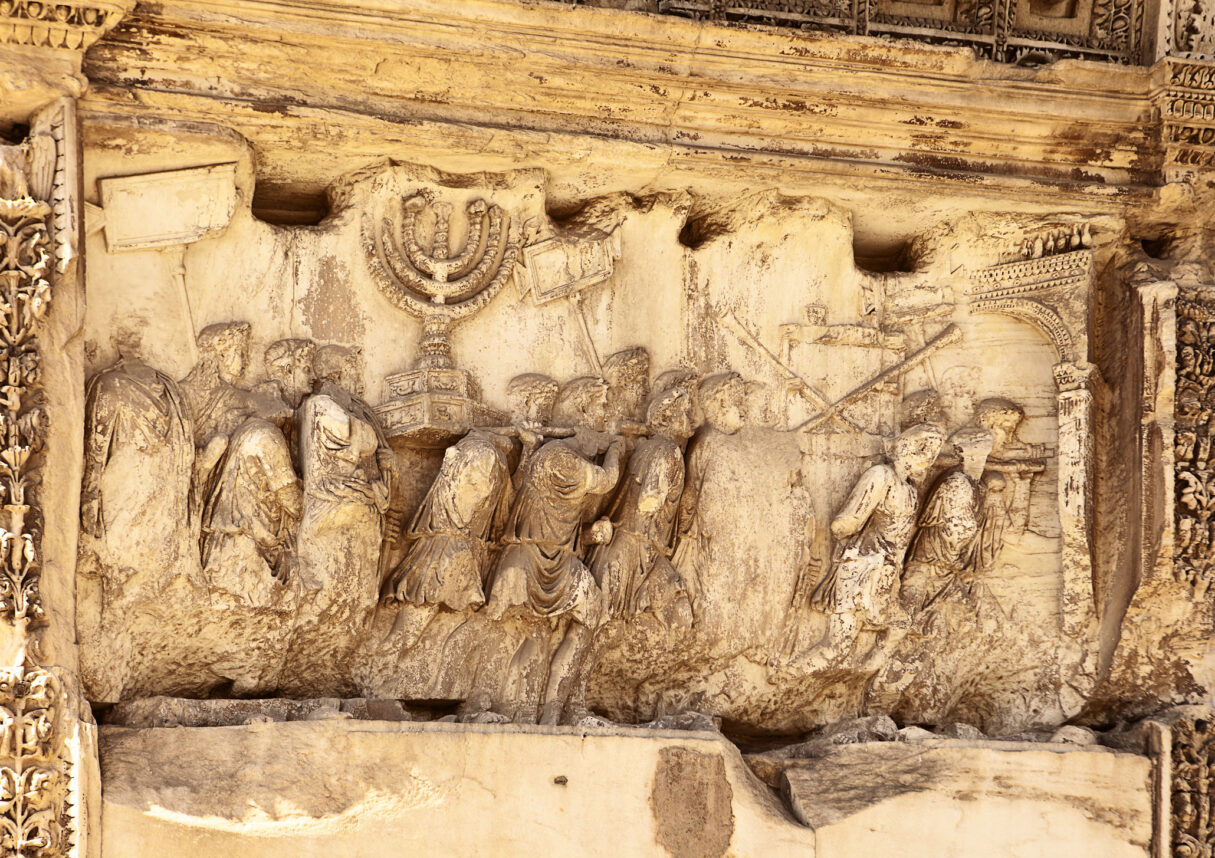
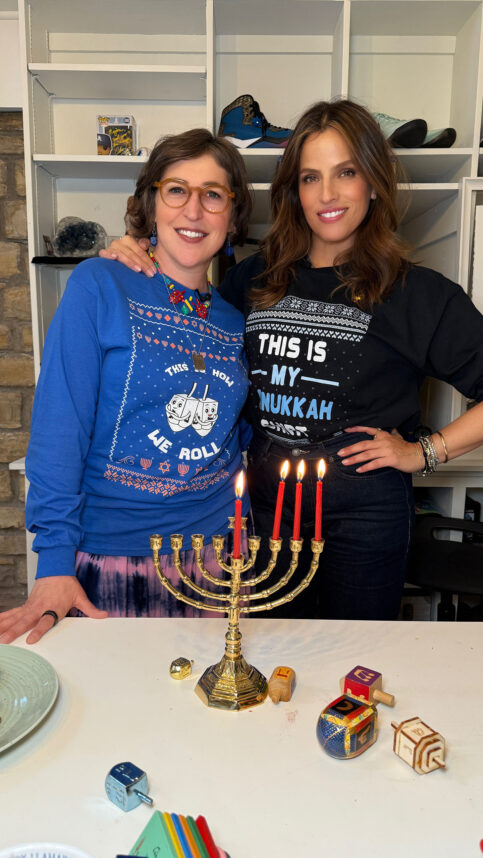






 More news and opinions than at a Shabbat dinner, right in your inbox.
More news and opinions than at a Shabbat dinner, right in your inbox.